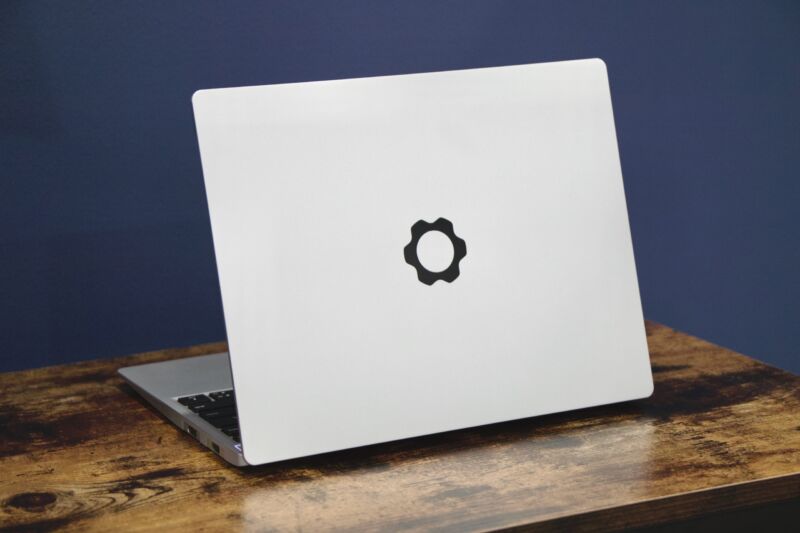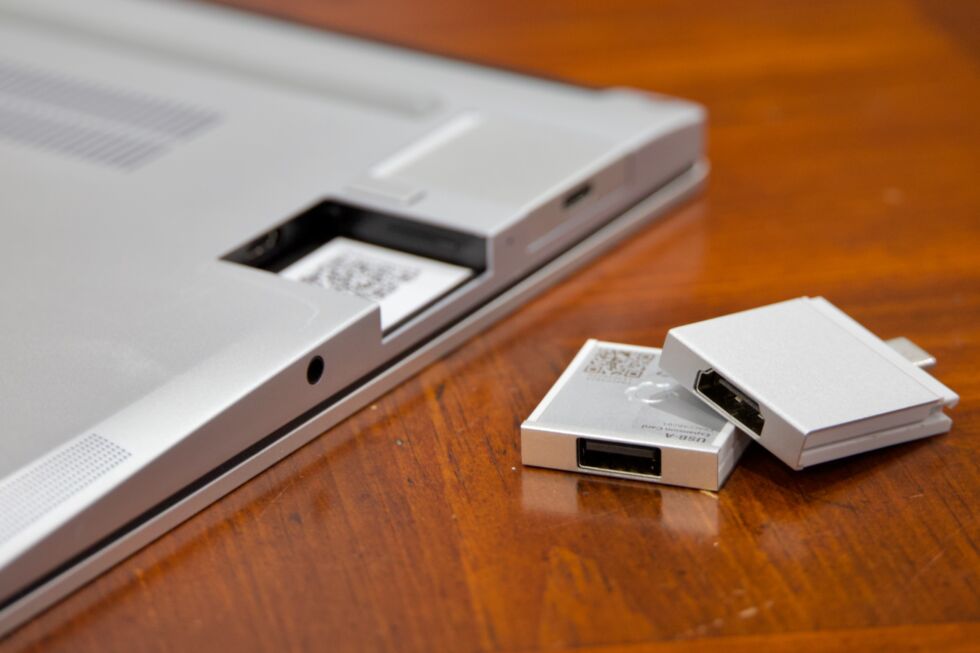
Since Framework showed off its first prototypes in February 2021, we’ve generally been fans of the company’s modular, repairable, upgradeable laptops.
Not that the company’s hardware releases to date have been perfect—each Framework Laptop 13 model has had quirks and flaws that range from minor to quite significant, and the Laptop 16’s upsides struggle to balance its downsides. But the hardware mostly does a good job of functioning as a regular laptop while being much more tinkerer-friendly than your typical MacBook, XPS, or ThinkPad.
But even as it builds new upgrades for its systems, expands sales of refurbished and B-stock hardware as budget options, and promotes the re-use of its products via external enclosures, Framework has struggled with the other side of computing longevity and sustainability: providing up-to-date software.
Driver bundles remain un-updated for years after their initial release. BIOS updates go through long and confusing beta processes, keeping users from getting feature improvements, bug fixes, and security updates. In its community support forums, Framework employees, including founder and CEO Nirav Patel, have acknowledged these issues and promised fixes but have remained inconsistent and vague about actual timelines.
But according to Patel, the company is working on fixing these issues, and it has taken some steps to address them. We spoke to him about the causes of and the solutions to these issues, and the company’s approach to the software side of its efforts to promote repairability and upgradeability.
Promises made
Here’s a case in point: the 12th-generation Intel version of the Framework Laptop 13, which prompted me to start monitoring Framework’s software and firmware updates in the first place.
In November 2022, Patel announced that this model, then the latest version, was getting a nice, free-of-charge spec bump. All four of the laptop’s recessed USB-C ports would now become full-speed Thunderbolt ports. This wasn’t a dramatic functional change, especially for people who were mostly using those ports for basic Framework expansion modules like USB-A or HDMI, but the upgrade opened the door to high-speed external accessories, and all it would need was a BIOS update.

A final version of this BIOS update finally showed up this week, nearly a year and a half later. Up until last week, Framework’s support page for that 12th-gen Intel laptop still said that there was “no new BIOS available” for a laptop that began shipping in the summer of 2022. This factory-installed BIOS, version 3.04, also didn’t include fixes for the LogoFAIL UEFI security vulnerability or any other firmware-based security patches that have cropped up in the last year and a half.
And it’s not just that the updates don’t come out in a timely way; the company has been bad about estimating when they might come out. That old12th-gen Framework BIOS also didn’t support the 61 WHr battery that the company released in early 2023 alongside the 13th-gen Intel refresh. Framework originally told me that BIOS update would be out in May of 2023. A battery-supporting update for the 11th-gen Intel version was also promised in May 2023; it came out this past January.
Framework has been trying, but it keeps running into issues. A beta 3.06 BIOS update with the promised improvements for the 12th-gen Intel Framework Laptop was posted back in December of 2022, but a final version was never released. The newer 3.08 BIOS beta entered testing in January 2024 but still gave users some problems. Users would go for weeks or months without any communication from anyone at Framework.
The result is multiple long forum threads of frustrated users asking for updates, interspersed with not-untrue but unsatisfying responses from Framework employees (some version of “we’re a small company” is one of the most common).
https://arstechnica.com/?p=2012352

